Published
- 03:00 am
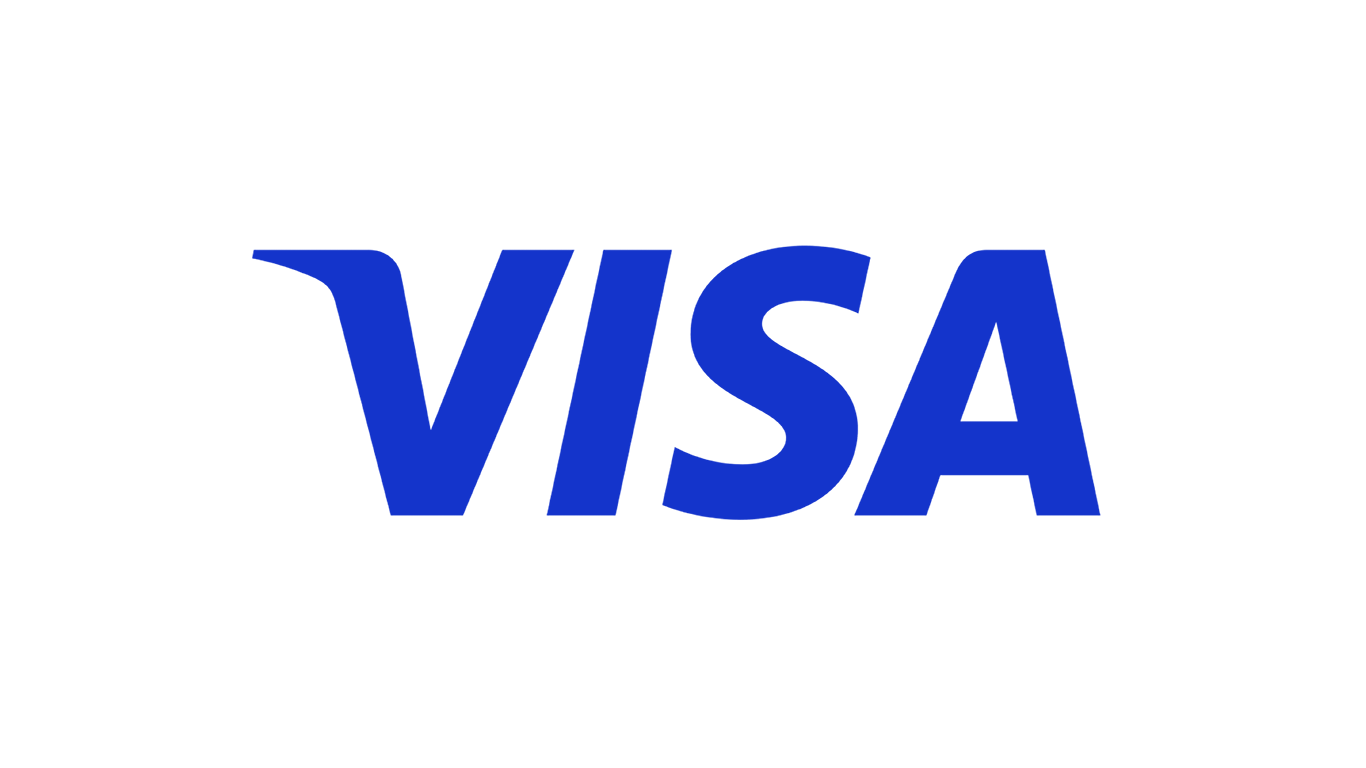
In today’s evolving payments landscape, fintechs of all shapes and sizes are seeking to carve out their unique niche. Fintech builders need ways to differentiate their offerings – and embedding payment capabilities has proven to be a successful strategy for speeding up transactions. Recognizing this, Visa is expanding its Fintech Fast Track program beyond card issuance to connect members to Visa’s real-time money movement platform, Visa Direct. Additionally, Visa Consulting & Analytics has developed capabilities to support key needs of Fintech Fast Track partners.
“Fintechs are a vital growth engine for the payments industry, and Visa is committed to supporting their progress,” said Vanessa Colella, SVP, Global Head of Innovation and Digital Partnerships, Visa. “The enhanced Fast Track program offers fintechs personalized tools and resources to innovate and excel. We believe this will be a gamechanger that will catalyze new growth opportunities within this community, and further our mission to uplift everyone, everywhere.”
Visa Direct Expands Possibilities for Fintechs
With the expansion of Fast Track to include Visa Direct, fintechs can now launch programs through their financial institutions to enable transfers to eligible cards, bank accounts, and wallets around the world.
Visa Direct supports multiple use cases, such as person-to-person payments and account-to-account transfers, business and government payouts to individuals or small businesses, and merchant settlements and refunds. It provides a single point of access and reaches to over 8.5 billion endpoints capability, including 3+ billion cards, 3+ billion accounts, and 2.5+ billion digital wallets.
A More Personalized Approach
The Fintech Fast Track program offers partners a solution from Visa’s menu of options, including:
- Merchant Search API: allows businesses to search for information about a merchant.
- Visa Stop Payment Service: enables financial institutions to stop payment on a specific check or range of checks.
- Visa Risk Manager solution: helps financial institutions manage and mitigate payment risks. The program now provides a 12-month free trial of this solution.
Fintech Fast Track partners now also have the opportunity to work with the Visa Consulting & Analytics team on one project from a curated selection of offerings, specifically designed to help early stage fintechs grow their portfolio.
Additionally, the program now includes the opportunity for up to $100K worth of Amazon Web Services (AWS) Activate credits for cloud consumption, business support, and personalized content and offers.
This enhanced and more personalized approach ensures fintechs receive maximum value from the Fast Track program.
Fintech Continues to Drive Growth for Visa
Over the last year, Visa has signed 42 new clients to Fintech Fast Track in North America.
“Our portfolio of fintech partners is diverse and continues to expand,” added Colella. “This generation of fintechs is addressing challenges and pain points for specific groups, professions, and online communities, and designing tools to bridge the gaps in the payment ecosystem.”
Fintechs leveraging the resources provided through Fast Track include:
- Ugami, a leading debit card for gamers. “Ugami is a company of passionate technology entrepreneurs, finance and gaming professionals focused on creating a safe and reliable and fun financial platform,” said Hector Hulian, Founder and CEO, Ugami. “With Visa, we successfully launched a debit card rewards program built for the gaming community.”
- Niural, a global payroll and HR platform for growing startups and enterprises. Niural helps businesses with payroll and contractor payments in the US and internationally in 150+ countries, using compliant contracts and payouts through their platform. Niural will be offering a business Visa Debit card to help facilitate payouts to independent workers.
- Ferry, a digital wallet built for the hospitality industry, includes solutions like tip splitting and auto-calculating tips for service workers. Ferry gives employees the ability to get paid faster, earn more, spend, save or transfer on their terms, said Shastri Mahadeo, CEO, Ferry.
Related News
- 06:00 am

In the annual Cyber Security Insights Report 2023, global corporate intelligence and cyber security consultancy S-RM has found that the direct cost of a cyber incident has increased by 11% in 2023 to an average of $1.7m.
The report found this average rises to $2.7m among organizations without cyber insurance, demonstrating the increased risk faced by companies that do not have adequate insurance in place.
Organizations surveyed reported that the top three factors contributing to growing cyber incident costs are increased insurance premiums (37%), operational downtime (36%), and recovery and response costs (32%).
Bigger risk for bigger firms
S-RM’s research shows large organizations in particular should make sure they have invested in cyber insurance, with 30% of companies with a revenue between $500m and $1bn experiencing a ransomware attack in 2023, compared to 40% of larger companies with a revenue between $10bn and $25bn.
The risk is higher amongst larger organizations because they are more likely to hold greater volumes of sensitive data, and often have broader operational footprints which are harder to govern consistently.
Jamie Smith, Board Director, and Head of Cyber Security at S-RM, commented:
“It almost goes without saying that the larger the organization, the bigger the target it has on its back. However, most of these sizeable companies will have much more expansive budgets that they could, and should, be putting towards cyber security. Paying a regulatory fine, facing increased premiums, or recovering from downtime all carry a far higher cost than ensuring you have adequate cyber budget allocated.”
Paul Caron, Head of Cyber Security, Americas, at S-RM, added:
“For many companies and organizations, cyber insurance has far exceeded being just a ‘nice to have’, and our most recent data shows exactly why it is so essential to be properly insured against cyber incidents and data breaches. Premiums may be rising, but without adequate insurance, the regulatory, reputational, and downtime risks are far higher – businesses must take note.”
Related News
- 03:00 am
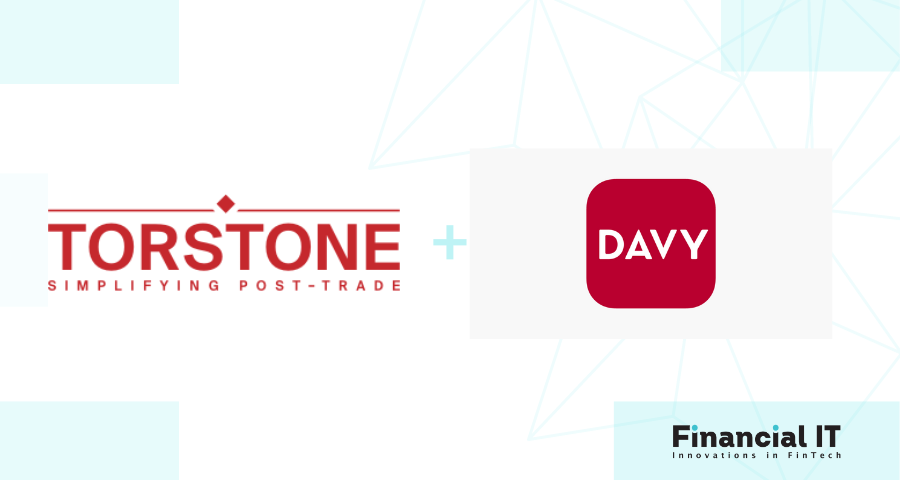
Torstone Technology, a leading SaaS platform for post-trade securities and derivatives processing, is pleased to announce that Davy Capital Markets, Ireland's leading capital markets firm and a member of the Bank of Ireland Group, has gone live on the Torstone Post Trade Platform. The deployment marks a significant milestone in Davy Capital Markets' commitment to enhancing their post-trade capabilities.
Davy Capital Markets has harnessed Torstone's Post-Trade Platform for both middle and back office processing, bolstering its operational efficiency and regulatory compliance. The Torstone Post Trade Platform provides an all-encompassing suite of features, including regulatory reporting, general ledger accounting, reconciliations, and CREST, Sub-Agent, and Euroclear Ireland settlement, designed to streamline post-trade processes for financial institutions.
The Torstone Platform, a versatile, cloud-based solution, offers Davy Capital Markets the flexibility and scalability needed to keep pace with industry changes and meet the evolving needs of its clients.
Commenting on the deployment, Brian Collings, CEO of Torstone Technology said, "At Torstone, we believe in growing with our clients' business ambitions, and this successful deployment is evidence to that commitment. We look forward to continuing our partnership with Davy Capital Markets as they evolve and grow, providing them with the flexible, scalable solution they need to meet their clients' demands and stay ahead in the ever-changing financial landscape."
Allison Connolly, Head of Capital Markets Operations at Davy Capital Markets added, "Our decision to deploy the Torstone Post Trade Platform underscores our commitment to providing our clients with the highest levels of service, automation and efficiency. With this innovative SaaS platform in place, we are confident in our ability to meet the evolving demands of the financial industry."
This successful deployment follows the partnership announcement in 2022 when Davy Capital Markets selected Torstone to advance its post-trade processing capabilities.
Related News
- 05:00 am

Fingerprint Cards AB has been deeply involved in the development of the new generation of Thales Gemalto biometric payment card, which is ready for global volume mass deployment. The new Thales solution, which features Fingerprints’ T-Shape sensor (T2) and biometric payment software platform, offers users advanced transaction speed, improved power efficiency, and enhanced security.
The T2 sensor module, part of Fingerprints’ FPC1300-series, of which it has shipped more than one million units, enables cost-effective production of biometric payment cards. Thanks to dual-row packaging, the biometric sensor has been tailored to allow easy integration using standard automated manufacturing processes. This ensures reduced waste, optimizes production capacity and throughput, and lowers related manufacturing costs. The new card also comes with enhanced security features, including encryption, which adds additional privacy layers to the storage and communication of biometric data. The development of the fourth-generation card is an important milestone for the deployment of biometric payment cards at scale.
As innovation continues to lower market barriers, and consumers make their preferences clear, interest from banks in the biometric payment card continues to grow. Banks that seize the opportunity can leapfrog the competition and enhance customer acquisition, brand reputation, and fraud reduction.
Related News
- 04:00 am
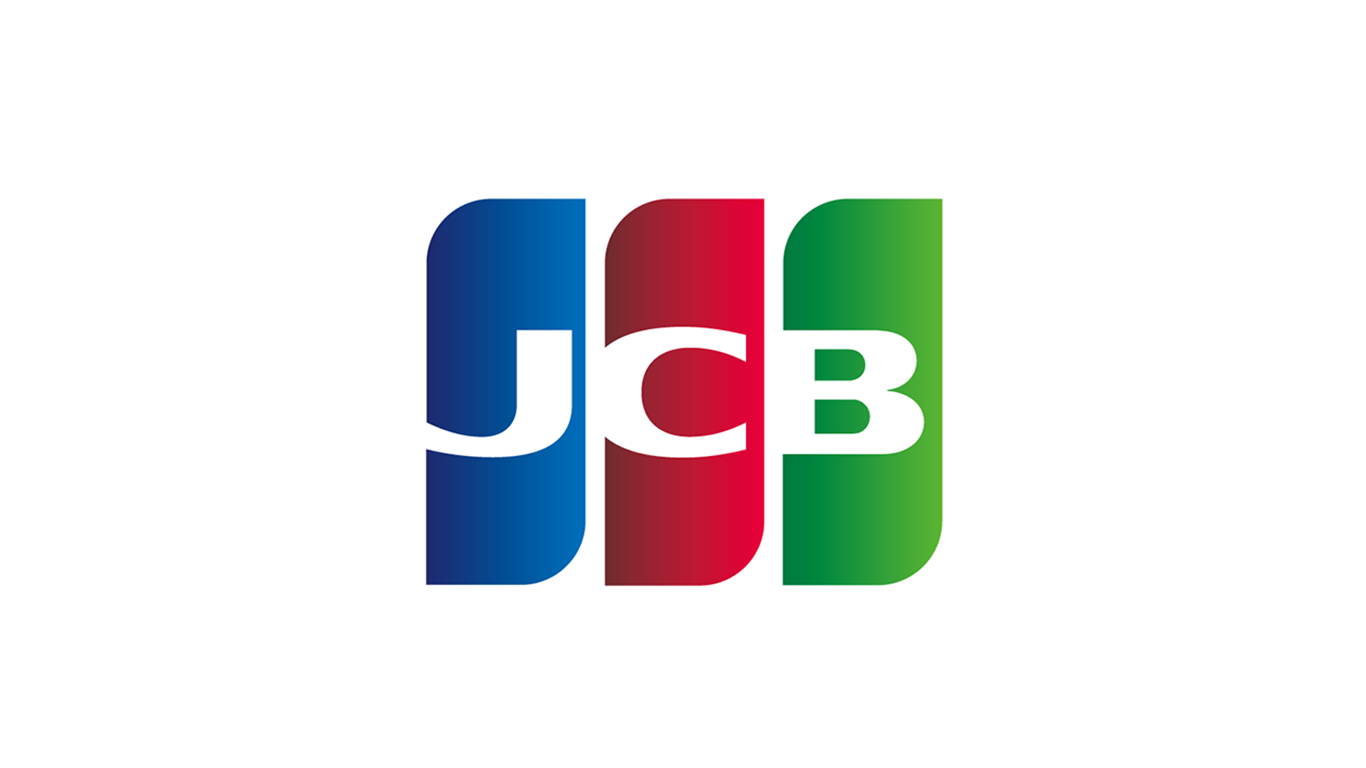
JCB International Co., Ltd., the international operations subsidiary of JCB Co., Ltd., today announced an extension of its collaboration with global financial technology leader FIS® and its merchant solutions business, Worldpay from FIS, to enable JCB Contactless for its UK merchants in the largest JCB contactless deployment in the UK to date.
In 2023, almost 20% of Worldpay Point of Sale (POS) systems in the UK are now equipped to accept JCB contactless payments. As part of JCB’s mid-term plan, the next stage will see JCB Contactless enabled across on the remaining 80% of Worldpay terminals across the UK, with a full rollout expected to be completed by the end of 2024.
JCB Contactless is JCB’s contactless payment system that allows customers to shop by simply holding their JCB Card or JCB-card-enabled smartphone or other devices over the store terminal. JCB Contactless is based on the global chip standard 'EMV(R),' offering a high level of security.
The recently published Worldpay from FIS Global Payments Report found cash use continues to decline at POS, with contactless payments in the form of digital wallets and contactless cards on the rise. In the UK, cards and digital wallets combined accounted for 86 % of POS spending. As such, more and more merchants in the UK are looking towards a cashless future, with comprehensive contactless payments emerging as a critical function. Enabling JCB Contactless will help Worldpay meet the increased demand for comprehensive contactless acceptance amongst its merchants.
Worldpay’s UK merchants which enable JCB Contactless will be able to further tap into the sales opportunities of JCB’s 154 million cardmember community. The fast, secure, and convenient payment process for cardmembers, combined with the higher average transaction value of contactless, will help merchants increase their sales opportunities.
Ray Shinzawa, Managing Director for JCB International (Europe) Ltd., said: “We are delighted to see the next stage of this ambitious project come to fruition, further reinforcing our collaboration with Worldpay. We look forward to continuing to work together in enabling JCB Contactless across the entire Worldpay POS ecosystem.”
Nick Fisher, General Manager, UK, JCB International (Europe) Ltd., said: “By offering a greater variety of contactless options to their merchants, Worldpay’s merchants will benefit from an enhanced customer experience. The payment preferences of consumers across the region are changing rapidly, and JCB is proud to be working with leaders like Worldpay to enable the future of payments.”
Chris Wood, General Manager for SMB International, Worldpay Merchant Solutions, FIS said: “With our research showing consumers are switching to contactless payments, we must provide them with the ability to pay with their preferred payment method whenever and wherever they want. Our collaboration with JCB will enable this, simplifying our merchants’ payments acceptance, and accelerating growth.”
Related News
- 08:00 am
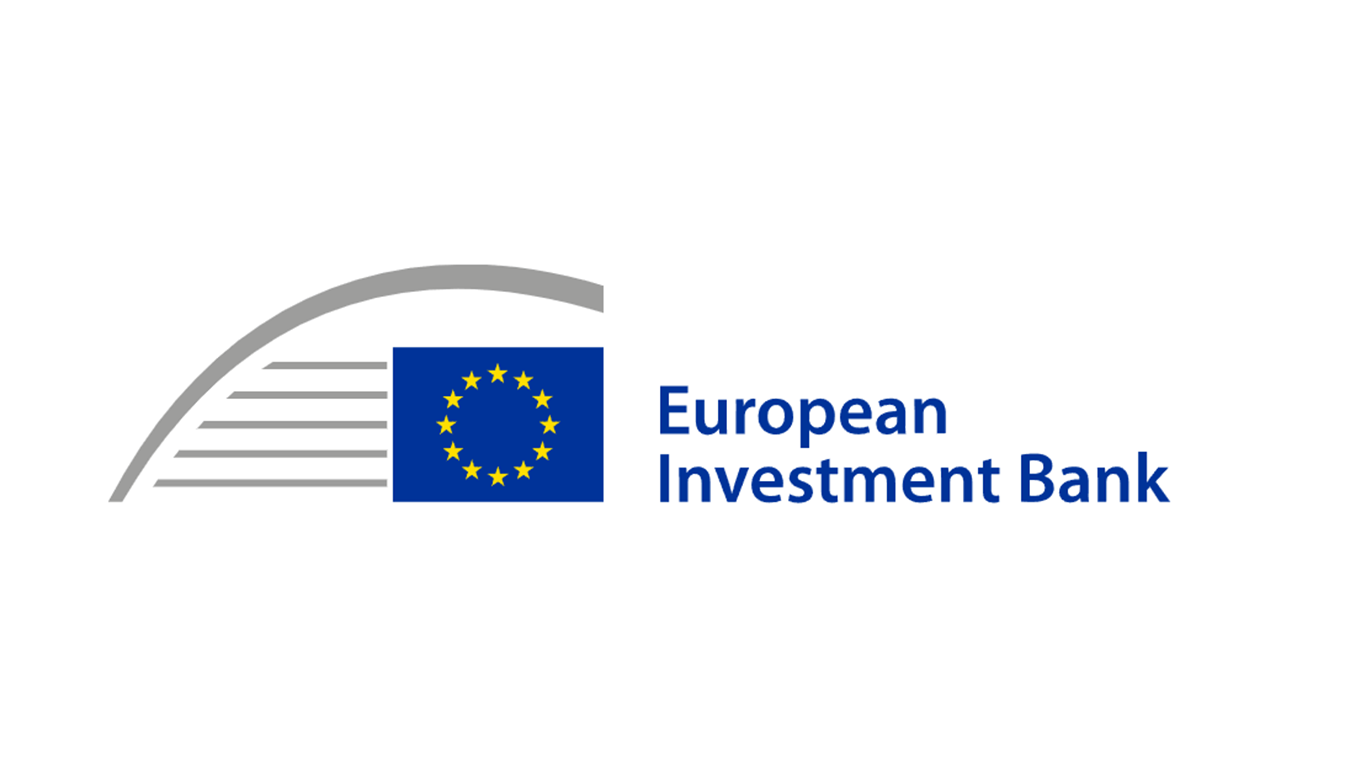
The European Investment Bank (EIB) has signed a loan agreement of up to €35 million with the Swedish clean tech company, Exeger, which manufactures the ground-breaking solar cell technology Powerfoyle. The operation is backed by InvestEU, the financing instrument designed to support more than €372 billion in additional investment toward EU policy priorities in the period between 2021 and 2027.
Exeger has developed the Dye-Sensitized Solar Cell (DSC) into an innovative and patented technology (Powerfoyle) that converts both indoor and outdoor light into electricity and allows electronic appliances with low consumption to become self-powered. The unique product shows superior performance and characteristics compared to existing alternatives on the market in both indoor and outdoor applications.
Powerfoyle will reduce electronic waste as many products will no longer require charging cables or single-use batteries. The ultra-thin solar cells with flexible design enable companies to integrate self-charging capabilities into their products without compromising on visual aesthetics.
Exeger is investing in scaling up its production capacity at Stockholm II, the company’s second urban factory. The new industrial-scale factory runs on 100% renewable energy and is located in Kista, outside Stockholm. Once fully scaled, Stockholm II will enable Exeger to produce up to 2.5 million m2 per year of its patented solar cells.
The factory is designed to expand in modular steps, allowing for a fast-paced increase in production capacity to meet the growing market demand for Powerfoyle.
“With its pioneering technology, Exeger will increase the generation and utilisation of renewable power and reduce the volumes of electronic waste. From the EIB’s side, we are very proud to support Exeger and its important contribution to a green transition and a more sustainable energy industry in the future”, EIB Vice-President Thomas Östros, says.
Giovanni Fili, founder and CEO of Exeger, says: “After a long and thorough due diligence into the technology and business, I am thrilled to have the EIB support with debt financing for the expansion of Stockholm II. The loan is approved following great commercial traction during 2023 which has resulted in the market demand for the increased production capacity of Powerfoyle for 2024 and 2025”.
Related News
- 09:00 am
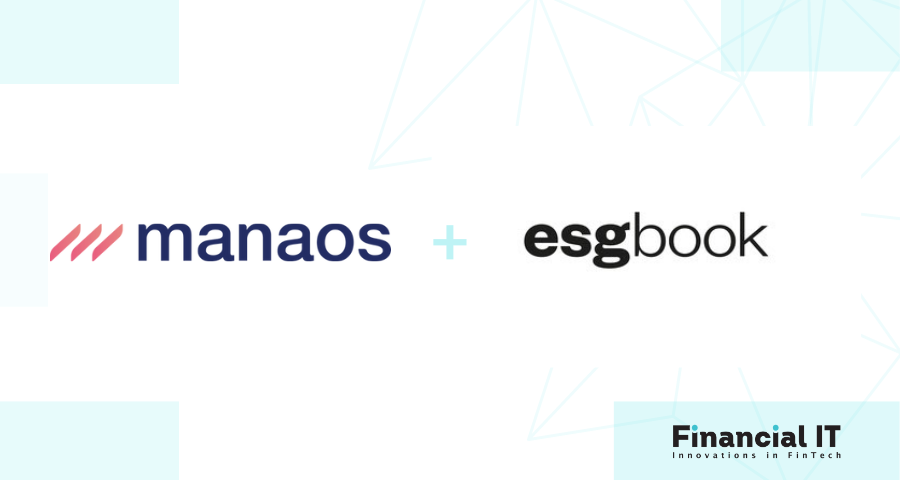
ESG Book, a global leader in sustainability data and technology, today announced a new partnership with Manaos, a subsidiary of BNP Paribas and modular investment services platform, built to simplify how institutional investors centralize portfolio data, connect ESG information, and report on the sustainability of their investment.
The collaboration combines Manaos' open-architecture platform with ESG Book's comprehensive data suite to empower institutional investors and asset managers to meet complex sustainability requirements and enable enhanced ESG investment decision-making.
Market demand for high-quality, granular ESG and climate data is growing sharply, driven by increasing sustainability regulations worldwide. More than 90% of executives expect to meaningfully increase their spending this year on ESG data, according to a 2023 Bloomberg survey1. The vast majority of respondents believe ESG data investment is required to keep pace with competitors or to develop a competitive advantage.
Through the new integration, Manaos' clients will gain access to a range of sustainability insights for security selection, analytics, and regulatory and client reporting. Covering over 50,000 companies worldwide, ESG Book's performance scores, raw attributes, SFDR data, and emissions datasets will be integrated with Manaos' cloud-based platform, enabling investors to confidently make investment decisions from a seamless and centralized source.
Franck Delbes, CEO of Manaos, said: "ESG Book's exceptional data quality, extensive coverage, and esteemed reputation within the industry constitutes a pivotal element to our aspirations to establish Manaos as the premier ESG data marketplace in Europe."
Dr Daniel Klier, CEO of ESG Book, said: "Driven by fast-changing market requirements and global regulation, demand for accessible, transparent ESG data is increasing worldwide. By combining Manaos' industry-leading investment software with ESG Book's next-generation data, we are arming investors with a powerful toolkit to manage and navigate the increasing complexities of sustainable investing."
Manaos' investment services marketplace enables investors to connect portfolio data with asset managers' fund inventories and ESG providers in a seamless and cost-efficient way to fulfill numerous use cases, including fund look-through, ESG data enrichment, and ESG reporting.
Combining market-leading sustainability and climate data with an ESG disclosure platform that provides access to almost 160,000 corporate disclosures and analytics, ESG Book directly connects companies with financial institutions. The firm's cloud-based sustainability dashboard is used by the world's largest companies and consultants for ESG performance management, peer benchmarking, and regulatory compliance.
Related News
- 02:00 am
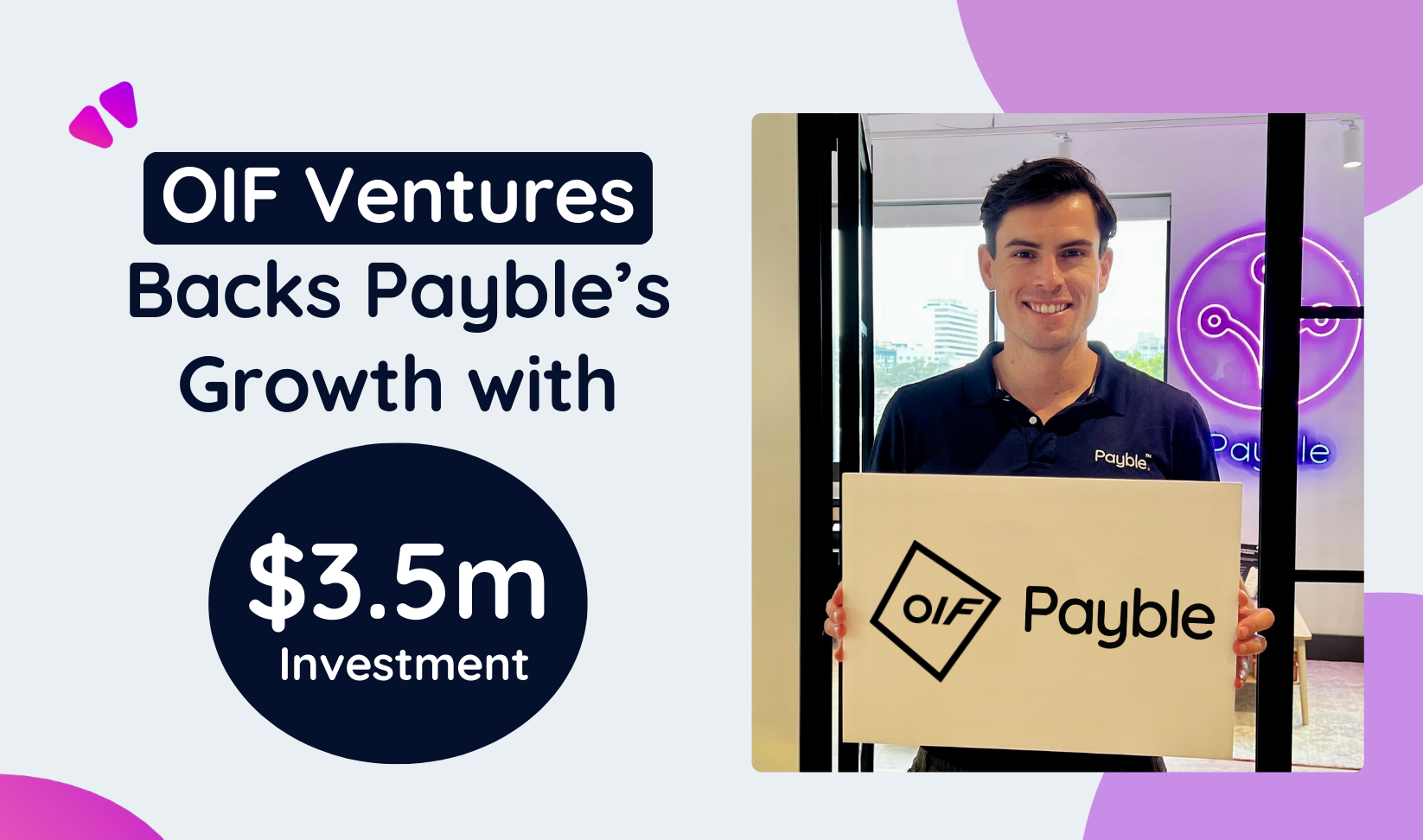
Payble, a leading provider of payments workflow and customer engagement software, today announced it has closed a $3.5 million funding round led by OIF Ventures.
The new funding will be used to continue to capitalize on strong demand for Payble’s citizen-centric payment solution in its beachhead segment of local government payments, as well as explore opportunities for global expansion.
Payble Founder and Managing Director, Elliott Donazzan, said that the solution helps local governments increase on-time payments and reduce the administrative burden associated with billing, all while significantly improving community satisfaction. For example, ratepayers can shift from larger annual or quarterly payments to flexible weekly or fortnightly payments at no extra cost, or easily extend or skip a payment without any paperwork.
“We’re all aware of the cost-of-living pressures facing households, and these impacts flow onto our local councils. 60% of councils expect payment arrears to increase again this year, and 69% of council rates teams say they’re already feeling under-resourced in their response,” said Mr Donazzan
“With Payble, councils can now offer a flexible, self-service payment experience to their community that’s designed to keep payments on track. The community benefits because they can easily align payments to their budget without frustrating paperwork or phone calls. Councils benefit too by improving cash flow and saving time not being bogged down in administrative work – not to mention the glow of delivering something that their community appreciates. It’s a win-win solution”.
“We’re excited to have OIF Ventures on board,” Mr Donazzan said. “With their deep understanding of enterprise software and prior experience in helping early-stage companies grow within government, it was a perfect fit.”
Oliver Darwin, Investor at OIF Ventures said that:
“We have been following Elliott and Payble since the beginning of 2022, and he has proven to be an incredibly impressive Founder and CEO, who has consistently executed every milestone put in front of him. Elliott has a truly intimate understanding of the problems faced by his customers and has built a
world-class team and solution to address them, which is delivering exceptional outcomes for both councils and ratepayers all around the country,”
“We’re incredibly proud and excited to partner with Elliott and the Payble team on this journey.”
Related News
- 08:00 am

Worldline, a global leader in payments services, continues to expand its services provided in Italy and becomes a PagoBANCOMAT® Centro Applicativo Acquiring.
As part of the process for expanding its services, by leveraging Open and Cloud technology, Worldline further establishes itself as an operator in Italy on the PagoBANCOMAT® scheme, whose regulatory authority is retained by BANCOMAT S.p.A.
This evolution is also enabling the direct management of payment operations on POS and ATM terminals for the company’s clients, ensuring interoperability with third parties according to the connectivity standards defined by BANCOMAT S.p.A.
Financial institutions wishing to offer Acquiring services for the national PagoBANCOMAT® scheme will benefit from the new certified functionality of the Worldline Centro Applicativo Acquiring.
In particular, the company will be able to support the growth of the activity of Worldline Merchant Services in Italy. The segment increased its presence in the country through the acquisition of 80% of Axepta, Banco Desio's e-money portfolio, and by signing an agreement to acquire Banca del Fucino's merchant acquiring business. This service adds up to the Centro Applicativo Pagamenti that Worldline activated on April 8th, 2022 in the Italian market, enabling the company to become an additional player in the exchange and settlement of domestic payments.
Ilario Bolis, Head of Region Italy at Worldline Financial Services said, “We are very pleased to have taken an important step in strengthening our presence in the Italian market in terms of competitiveness and profitability. This will allow us to better serve our customers with particular reference to PagoBANCOMAT® acquirers”.
Stefano Calderano, Italy Country Manager of Worldline Merchant Services added: “Thanks to the Worldline Centro Applicativo, we will be able to be more attractive to financial institutions that are looking for a full-service partner in acquiring, while providing greater efficiency and cost optimization to merchants”.
Related News
- 01:00 am
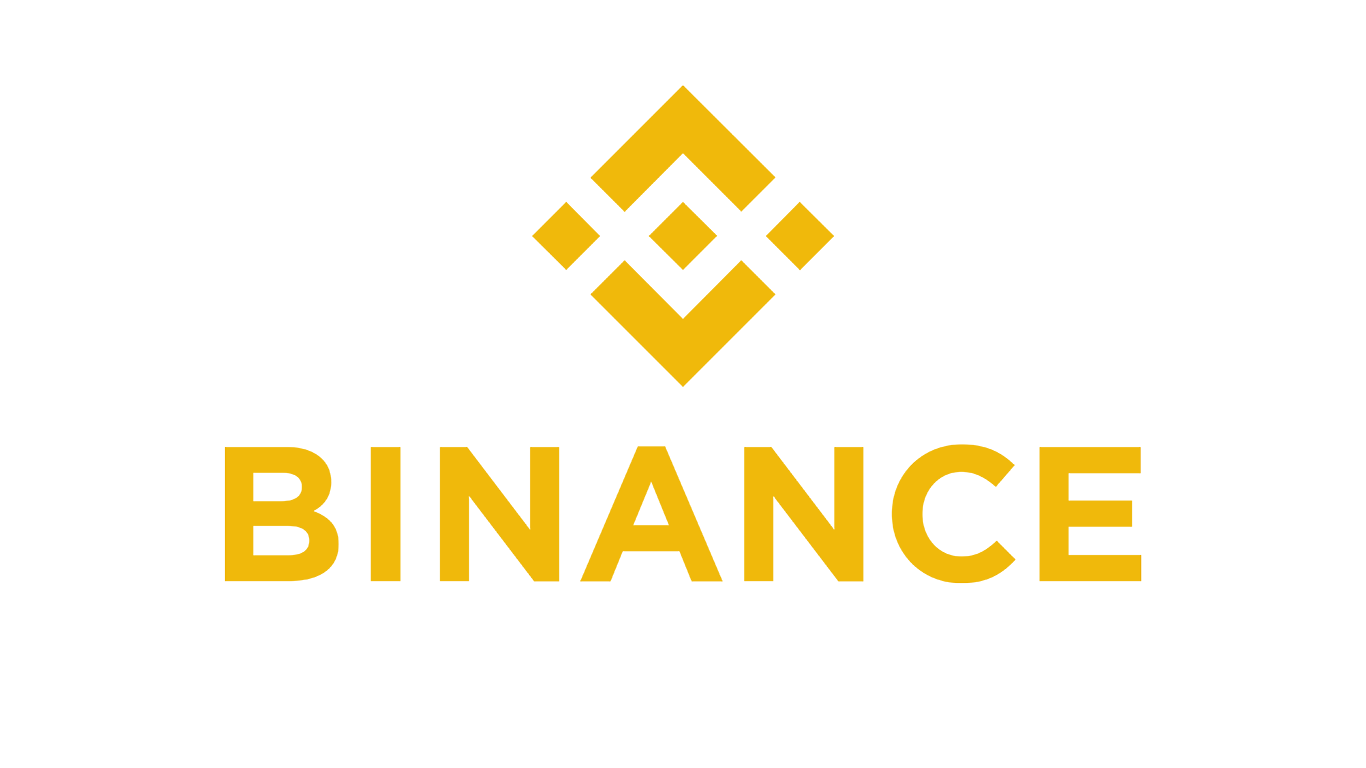
Binance, the world's leading blockchain and cryptocurrency infrastructure provider, is delighted to announce the successful completion of the System and Organization Controls (SOC) 2 Type II compliance audit for its global platform and technology services. The achievement represents the latest in the organization's unwavering commitment to enhance security standards in the crypto industry.
Conducted by trusted third-party assessor A-LIGN, the SOC 2® Type II audit was completed by Binance following a comprehensive multi-month assessment of the organization's controls and practices in two areas: systems protection and data security. On top of revealing that Binance's controls are well-designed and appropriately implemented, the independent audit also validated the day-to-day operational effectiveness of these controls and is globally recognized.
As a custodian of users' digital assets and data, it is pivotal that Binance establishes and maintains strong security protocols on its platform and products. The SOC 2 audit shows that Binance is fulfilling its responsibility in this regard. The organization is also continuously enhancing its systems, such as through the incorporation of a comprehensive suite of state-of-the-art security measures. These measures include, but are not limited to, stringent access management, advanced encryption, and a resilient incident response protocol.
Jimmy Su, Chief Security Officer at Binance, shared, "Although the crypto industry has grown and matured over the past years, there remains a gap in the understanding and perception. Collective efforts from industry players are required to affect change and Binance, as the market leader, recognizes that it needs to be at the forefront of such efforts. That is why we've dedicated significant resources and effort into demonstrating that crypto platforms are able to meet, and even exceed, the strict standards found in traditional regulated industries. The SOC 2 Type II audit is the latest example, but it won't be our last."
Binance's dedication to continuously build trust, confidence, and reliability in the blockchain ecosystem can be seen through the industry-standard accreditations it has secured. In the past year alone, Binance has already received the ISO 27001 and ISO 27701 certifications for information security governance and privacy information management in four jurisdictions: France, United Arab Emirates, Bahrain, and Turkey. It also completed the less stringent SOC 2 Type I audit, a precursor to the audit announced today, earlier in March. Annual surveillance audits will be done to ensure continued conformity with the standards and requirements set out.
These accreditations were obtained through the efforts of the Security Governance team at Binance, and are instrumental in spotlighting the high standards that Binance has set in a wide range of compliance and security domains.









